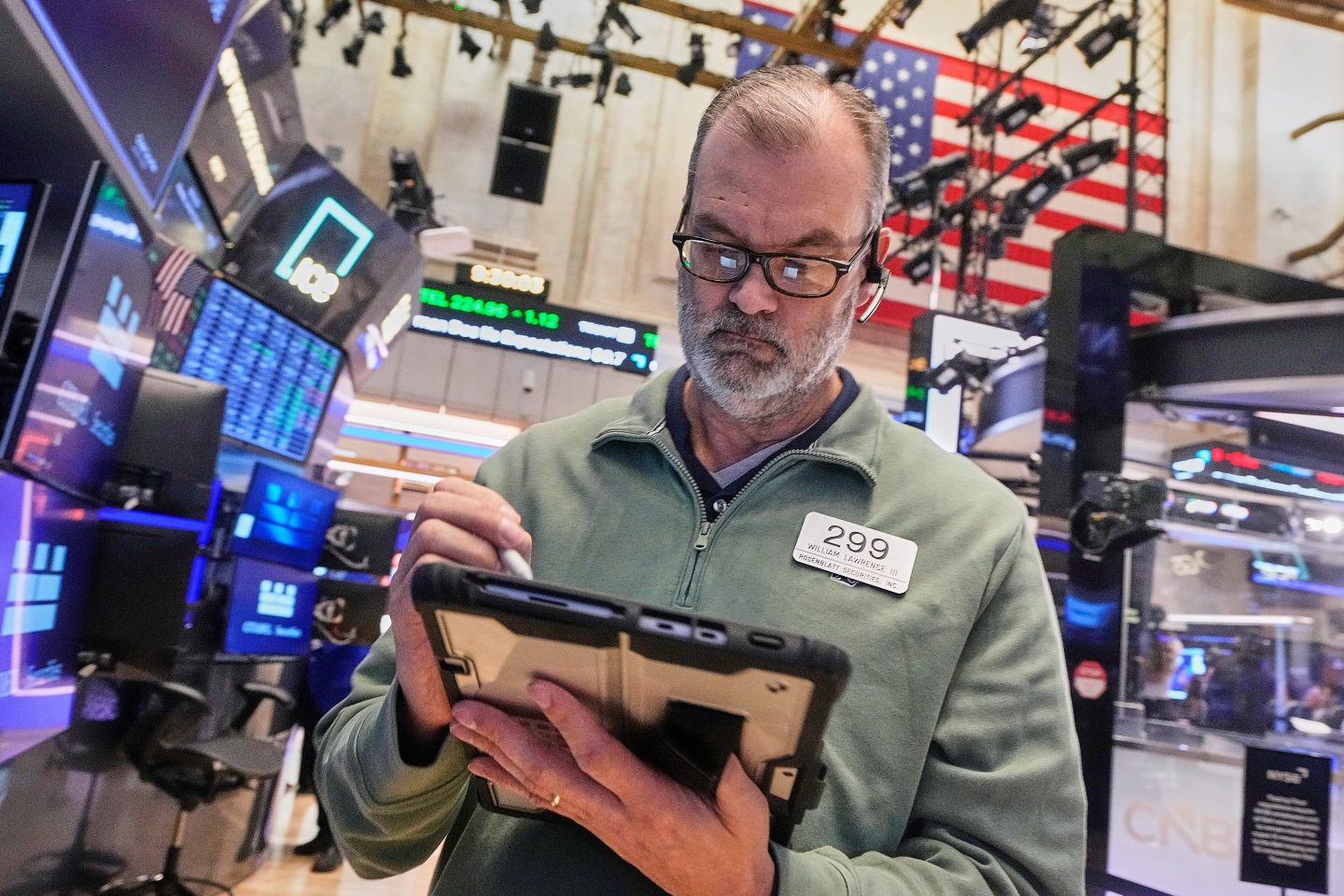Neuroscientists have discovered what they called “anxiety cells” in the brains of mice, raising hopes that the finding could help with treating human anxiety disorders.
Researchers at the University of California, San Francisco and Columbia University’s Irving Medical Center wanted to understand “where the emotional information that goes into the feeling of anxiety is encoded within the brain,” senior investigator Mazen Kheirbek, Ph.D., an assistant professor of psychiatry at UCSF, said in a statement. They published their findings in the latest issue of the journal Neuron.
A certain level of anxiety is beneficial to humans and other animals. When faced with a dangerous situation, anxiety keeps us alert. An anxiety disorder is when this feeling is excessive and doesn’t go away, the National Institute of Mental Health (NIMH) explains. Common examples are general anxiety disorder, social anxiety disorder, and panic disorder.
To identify the “anxiety cells,” the researchers inserted miniature microscopes into the brains of mice to record cell activity in the hippocampus—a section of the brain in both mice and humans that is thought to help with learning, memories, and emotions. They then put the mice in stressful situations and watched which cells fired.
“We call these anxiety cells because they only fire when the animals are in places that are innately frightening to them,” one of the study’s senior researchers, Rene Hen, Ph.D., a professor of psychiatry at CUIMC, said in a statement. “For a mouse, that’s an open area where they’re more exposed to predators, or an elevated platform.”
To test and see if these cells caused anxiety, they used a technique called optogenetics (beams of light used to control neuron activity) to turn up or turn down these specific cells. “When the cells were silenced, the mice spent more time wandering onto elevated platforms and away from protective walls,” the UCSF news center reported. “When the cells were stimulated, the mice exhibited more anxiety-behaviors even when they were in ‘safe’ surroundings.”
While the study was just done in mice, the researchers are hoping this discovery will be a building block in treating humans with anxiety disorders. But that is far off.
Joshua Gordon, director of the NIMH, which helped fund this study, said in an interview with NPR, that the study is just “one brick in a big wall” of research necessary.
“If we can learn enough,” Gordon said, “we can develop the tools to turn on and off the key players that regulate anxiety in people.”











